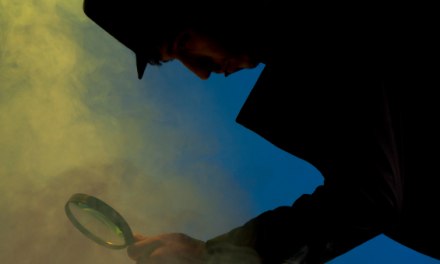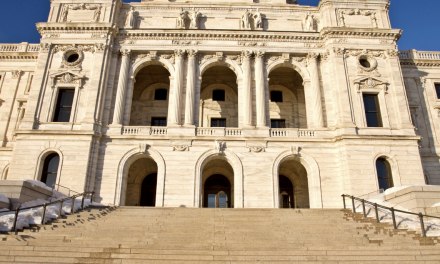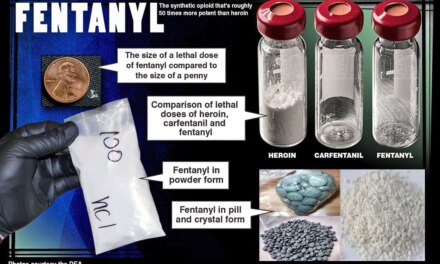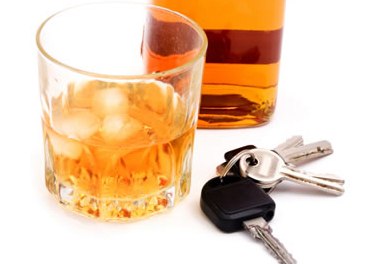I’ve often thought that when it comes to meeting the needs of the active alcoholic or addict, our U.S. healthcare system is designed to fall flat.
For one thing, it’s way too dependent on the physician. He’s the gatekeeper. A patient is expected to set up an appointment in advance (often several weeks out), then show up on time with the requisite records and payment information. This is not exactly congruent with the addict lifestyle. If they could manage all that, they might not need the help in the first place. Easier not to bother.
When I learned I was diabetic, the doc handed me a prescription and scheduled a followup appointment – in six weeks. A nurse educator delivered a pep talk and some literature. After that, it was pretty much a 15 minute appointment every six months. Instructions to call if something came up.
Can you imagine that being enough to put a stop to somebody’s 10 year coke habit?
No, I can’t either.
About drug hunger: It’s not the sort of thing you call your doctor or therapist about when it hits like a hammer at 3:00 a.m. You’ll just get that taped message to call back when the office opens or in an emergency, visit the ER. Of course if you do go to the ER, they’ll just make you wait three to six hours and send you home again. At least by then your doctor’s office might be open.
Then there’s the issue of money. Professionals have to eat, and pay off those exorbitant educational debts, so payment is essential. That’s another barrier; there’s a definite correlation between heavy drug use and impaired finances. There are programs for broke people, but they’re often swamped, and besides, if you call them at 3:00 a.m., you get that same message about calling back or going to the ER.
This sort of thing contributed mightily to the growth of the 12 Step fellowships in the second half of the last century. They were meeting needs that doctors and hospitals, for all their resources, could not. The reality is that if we’d had to rely solely on the healthcare system, a lot of people who are in recovery today would simply never have made it.
They haven’t forgotten that. And neither should we.














Trackbacks/Pingbacks